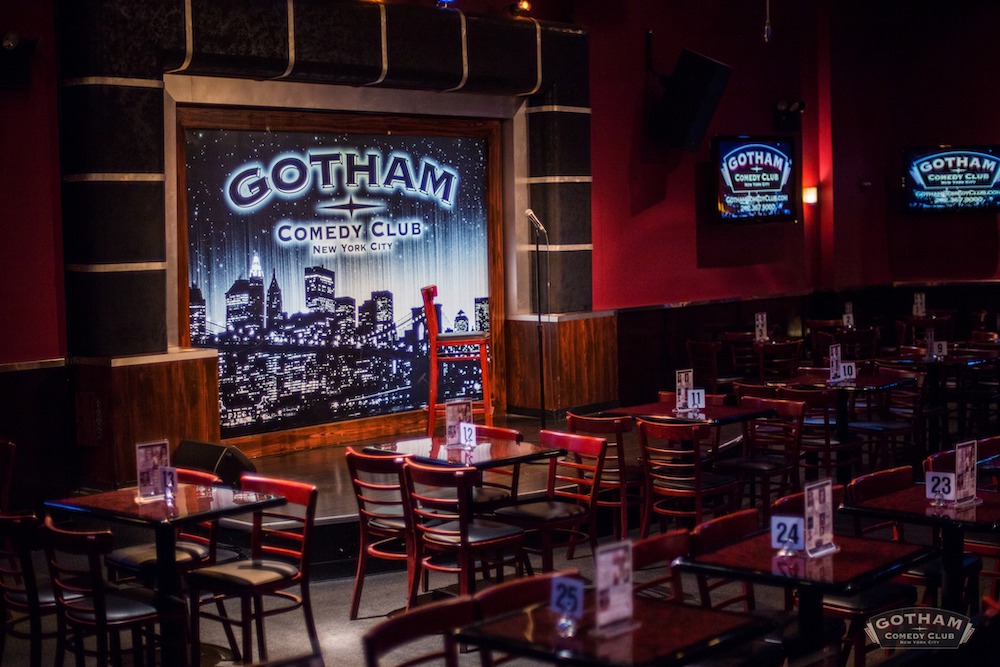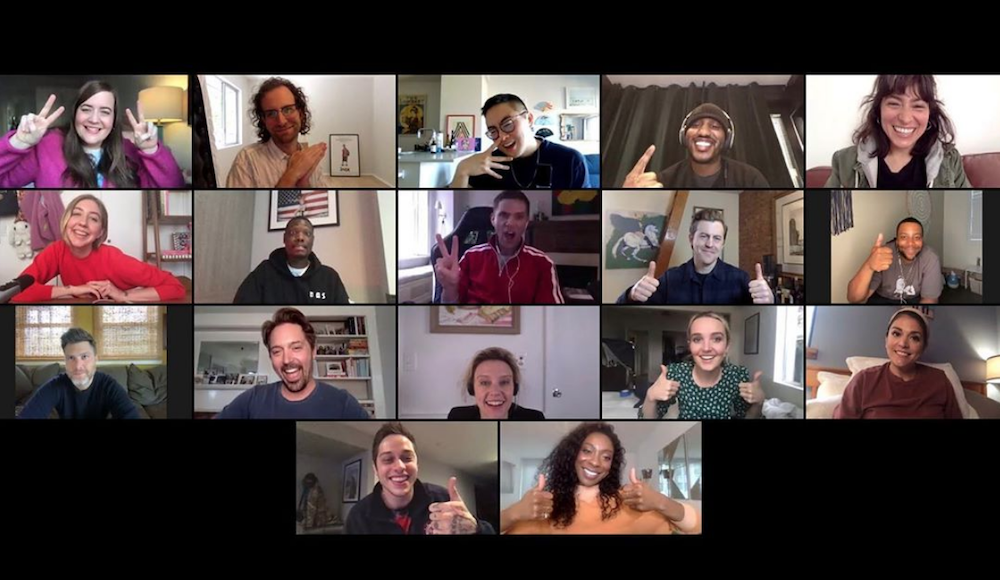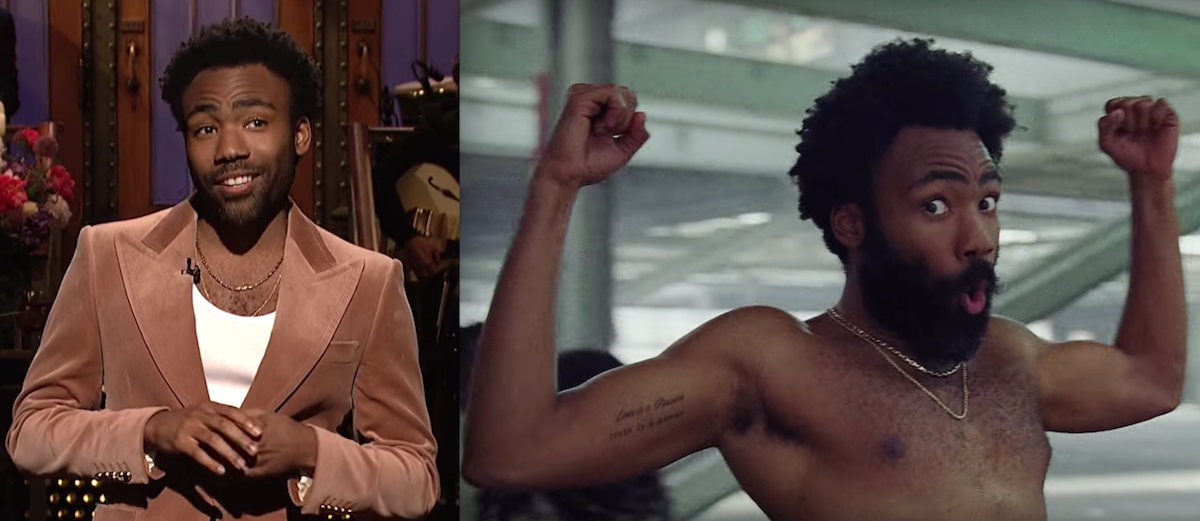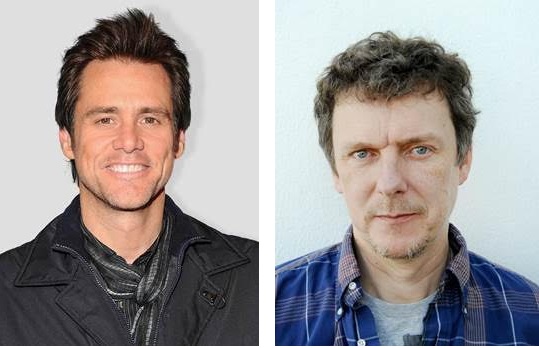When the nonprofit Comedy Gives Back held town hall meetings last month in New York City and Los Angeles at The Stand and Hollywood Improv, respectively, comedians and industry folk suggested all sorts of ways that Comedy Gives Back could fulfill its mission statement in giving back to the comedy community.
Therapy. Substance abuse counseling. Tax help. Resources for mentoring. Elderly housing and medical assistance.
Nobody asked what would happen if the live comedy industry shut down entirely.
Just watching Norm Macdonald joke about COVID-19 and the coronavirus in an Improv in California last week pointed out the impending inevitability that comedy clubs and other live venues couldn’t keep packing strangers together during a global pandemic.
And now here we are.
What started with talk of “social distancing” and “flattening the curve” on coronavirus cases so as not to overwhelm the national hospital and health-care system, and crackdowns on large gatherings of 500+ people, has become a complete and total shutdown on the entertainment industry.
The governors of Ohio and Illinois ordered all bars, restaurants and clubs shutdown over the weekend. By Sunday night, the mayors of Los Angeles and New York City had followed suit.
Most individual theaters in LA and NYC already had decided to close for the rest of March, while comedy clubs opted to stay open. That foolishness is over for now. For a couple of weeks, and perhaps longer, we’re all self-quarantining, whether we already have caught the virus or not (never mind the fact that the federal government is still playing catch-up on providing adequate testing so we know for certain).
Now what?
Clubs and theaters have to decide how to take care of their employees, many of whom wonder how to pay their bills without an income stream. And as we have had to reckon with time and time again, comedy has no HR. Comedians are independent contractors. No human resources department or officers to turn to, no EAP (Employee Assistance Program) to comfort them. There isn’t a bill in Congress to help comedians with sick leave or lost wages due to large-scale tour and gig cancellations.
Even Comedy Gives Back gets hurt by this pandemic, as the nonprofit was hoping to find some of its funding from ticket sales for live comedy shows.

Certainly, Andrew Yang’s idea of adopting Universal Basic Income (UBI) so every American receives a monthly stipend (his “Freedom Dividend” stipulated $1,000) would provide a safety net for comedians as well as everyone else in the comedy business and the performing arts.
Perhaps it took a global pandemic to wake us up to the stark realities of the way we used to live and the way we need to live.
If not now, then when.
Maybe the answer won’t be adopting UBI in the USA, but we will need substantive solutions in the short-term to keep people alive.
Because self-quarantining doesn’t pay for itself.
And there’s only so many comedians who can figure out how to make money off of their social media profiles, or podcasts, or YouTube. In a world already flooded with comedy podcasts and YouTubers.
As John Oliver noted in his special episode last night of Last Week Tonight, we need to think about each other’s health and not just our own, which means not getting each other sick so as many of us can live through this moment to find out what happens next.




